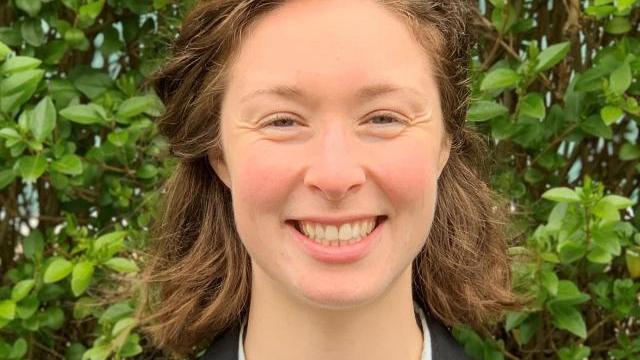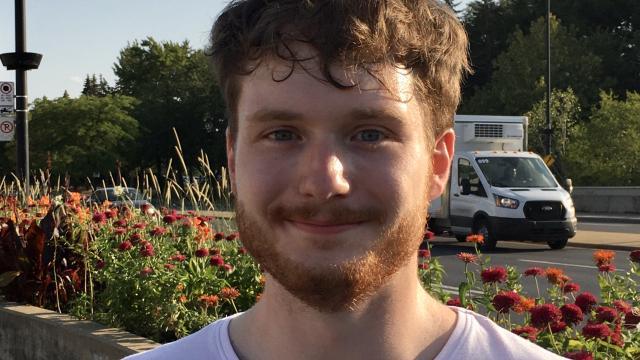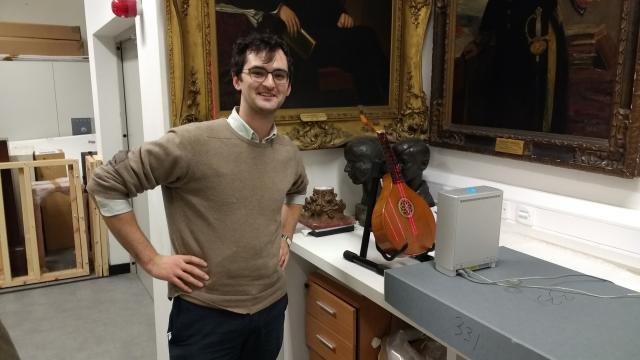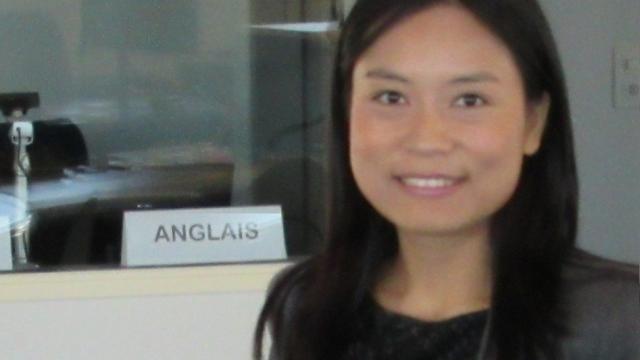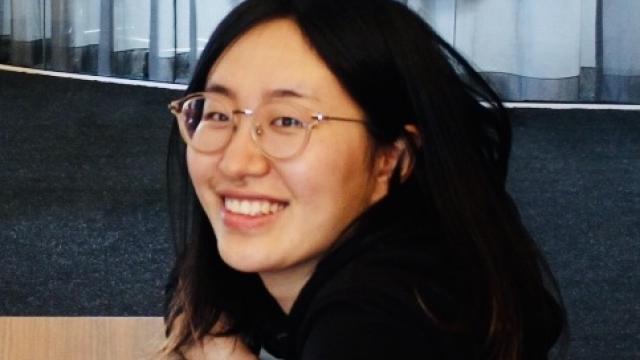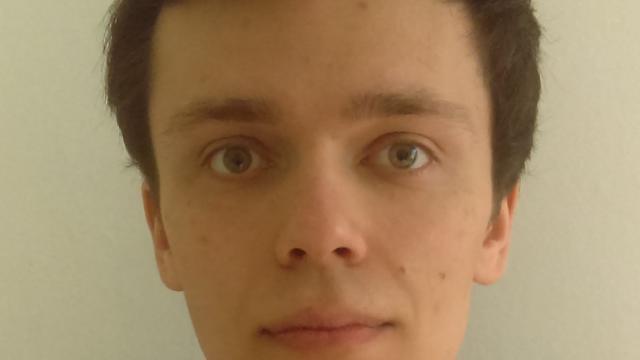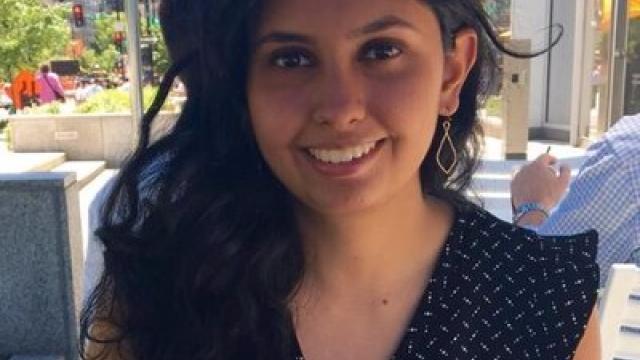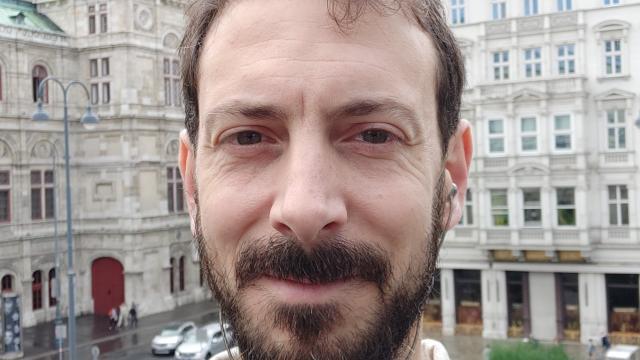It's been another year of growth for our training programme. As well as increasing the size of our team of training fellows, we expanded the list of experts with whom we collaborate on courses in copyright, text analysis, GIS, 3D data, and digitisation. Delivering over 60 training sessions, we maintained a balance between in-person and online training to ensure that we offer courses that are accessible for everyone within our community. We also built on the success of our first summer school, delivering an in-person week-long intensive course in summer 2022 and then doubling in size in 2023 by adding a second stream of teaching.

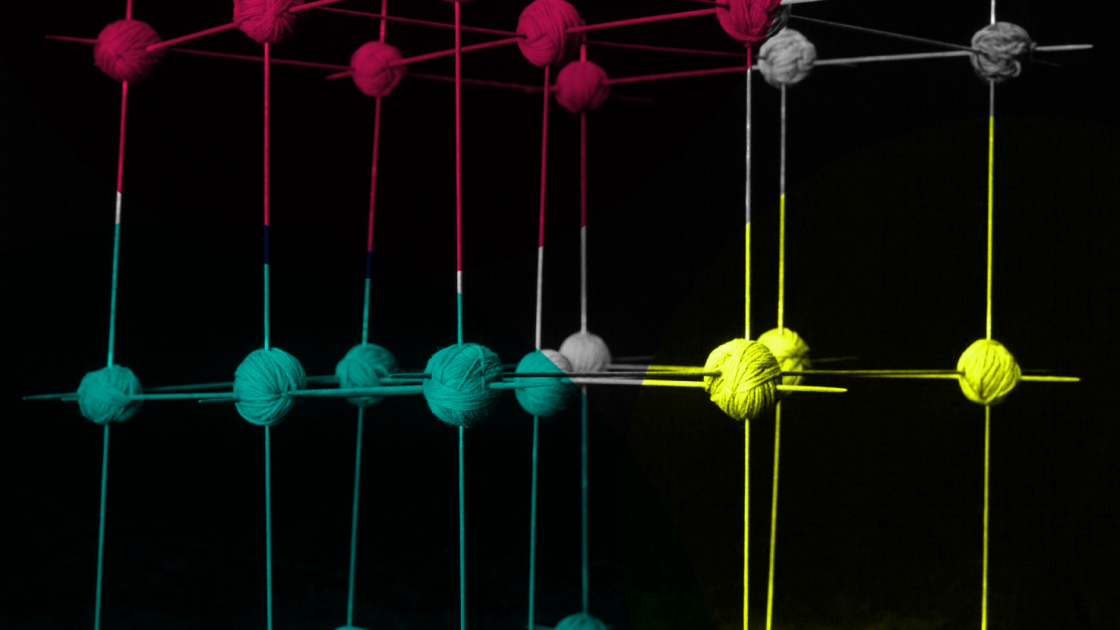
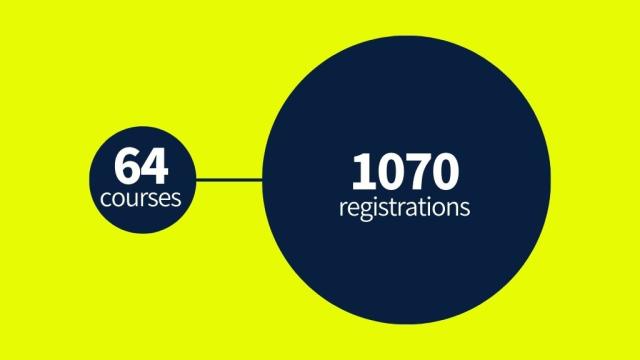
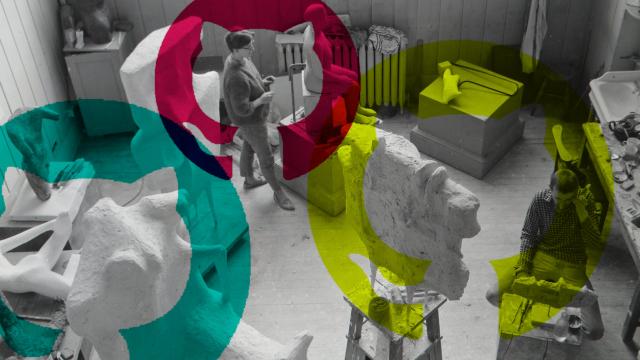
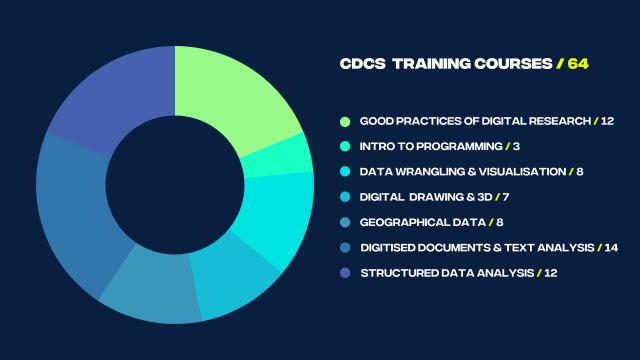
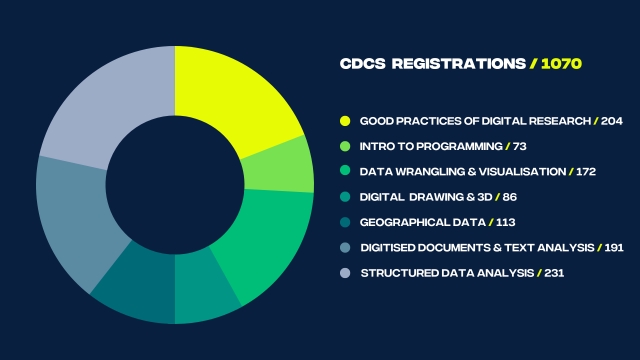
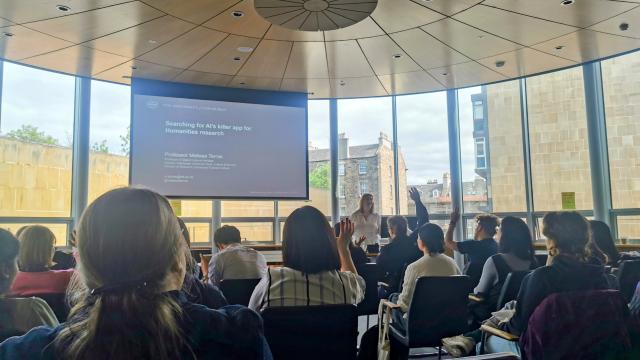
![Graphic mashup - Calton Hill, Edinburgh-8002418 [Chris Close]](/files/styles/medium_16x9/public/2023-03/SummerSchool_Header_3_0.png?itok=FocKKTzg)
